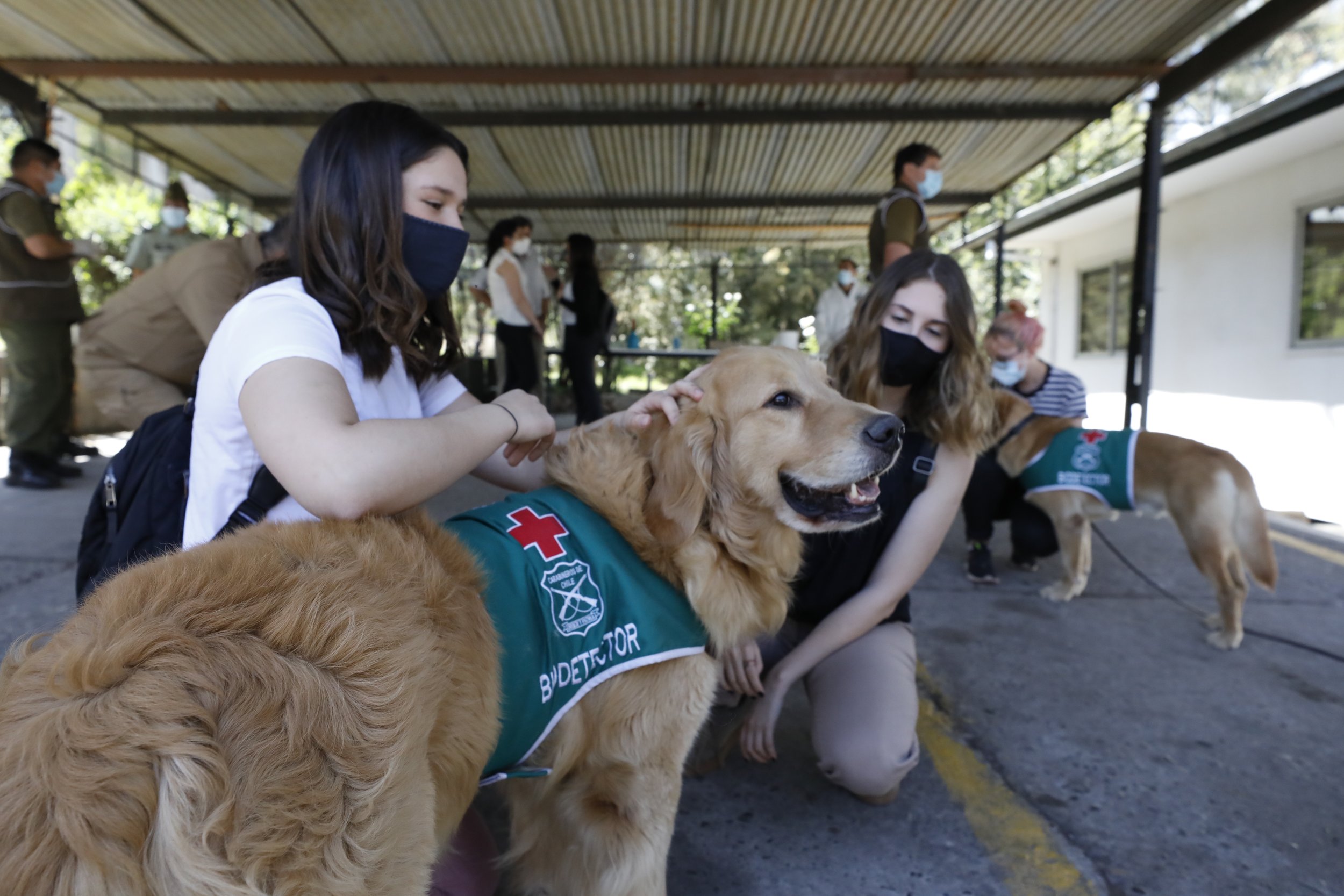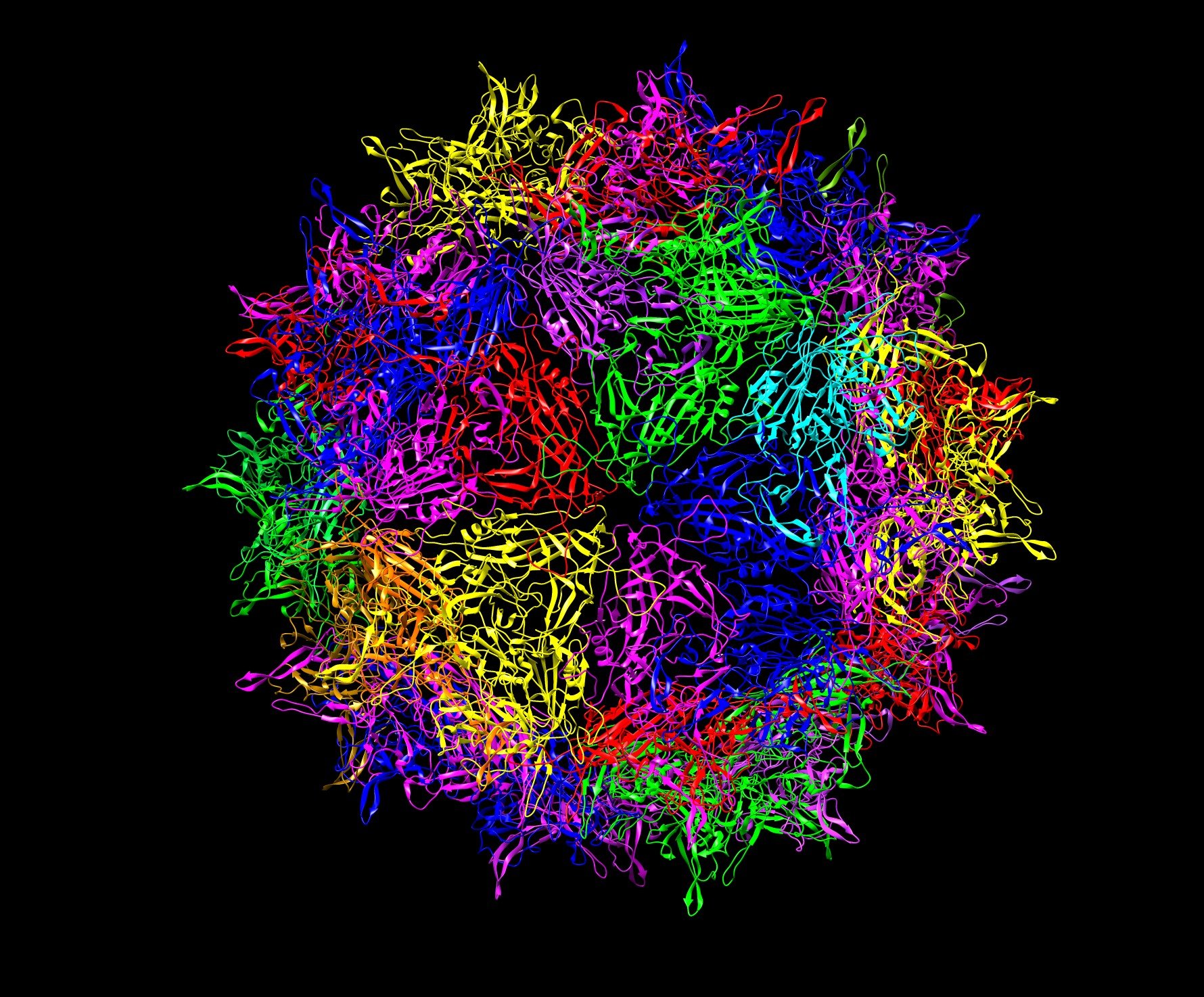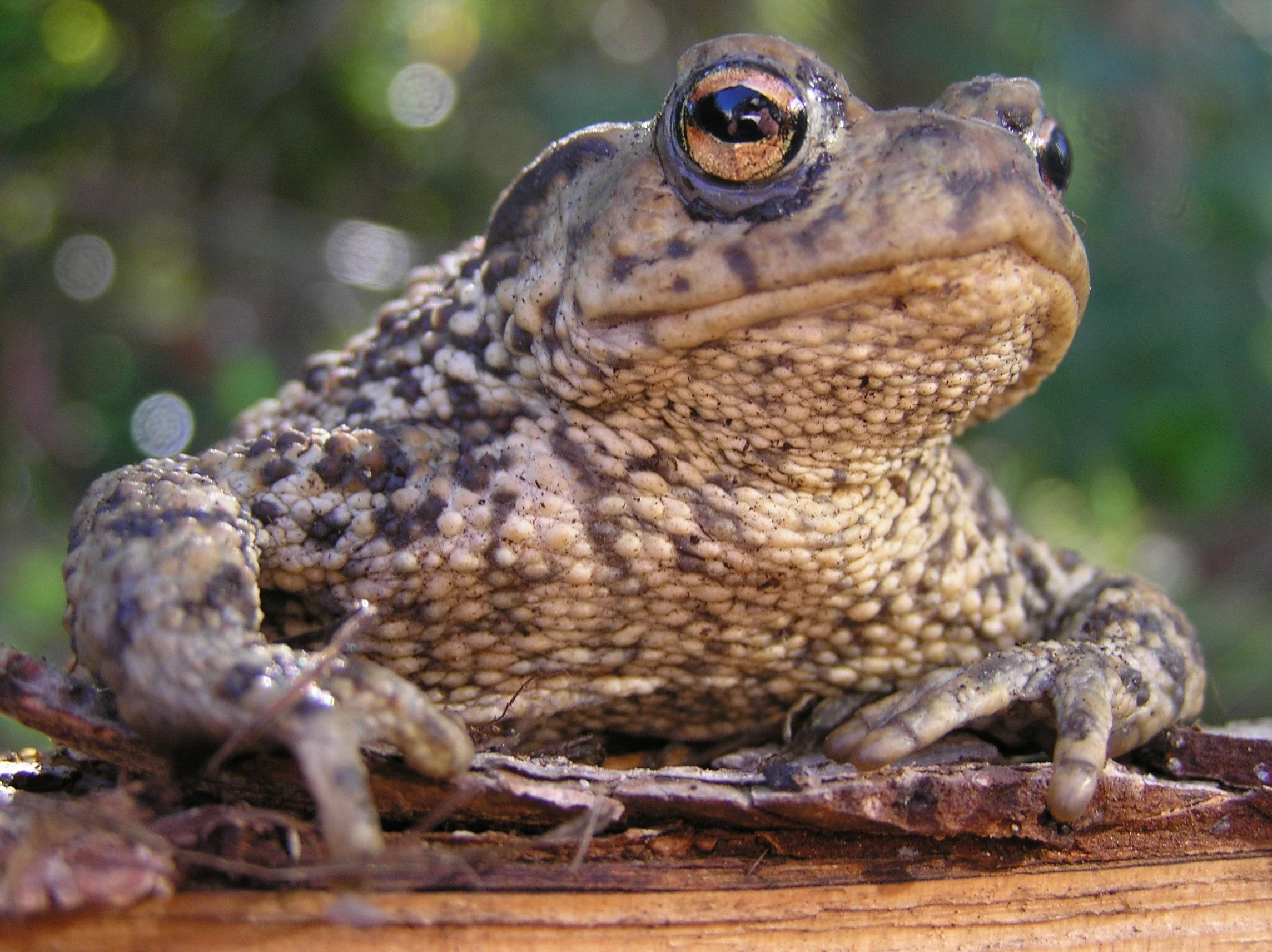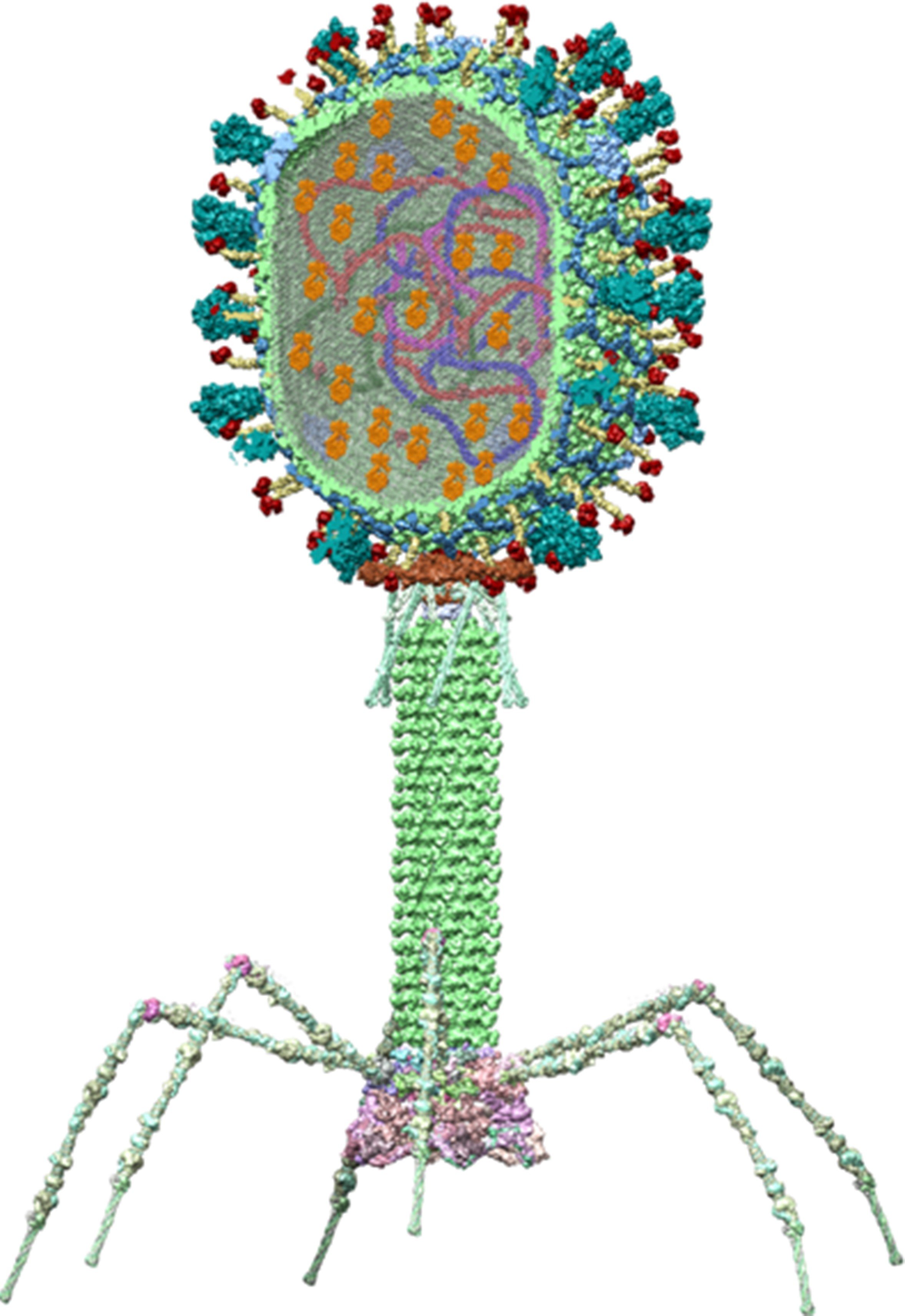

Two New Pediatrics Stories
I have two new articles published at Pediatrics Nationwide:
A multicenter analysis of nearly 50 pediatric hospitals showed that newborns are commonly treated with nephrotoxic medications and, troublingly, the prevalence of acute kidney injury is higher in newborns treated with these drugs. The authors say the findings demonstrate the need for initiatives to reduce nephrotoxic medication exposure in very young infants. Read the story here: Nephrotoxic Medications in the NICU.
With advances in chemotherapy and radiation, more children are surviving cancer and entering adulthood. However, a potential consequence of such treatments is fertility impairment. The fertility program at Nationwide Children’s was established in 2015. In 2018, Nationwide Children’s hired a full-time fertility navigator, a certified pediatric nurse practitioner with a background in oncology and training in oncofertility. Read the story here: Fertility Navigators Support Important Consultations in Pediatric Settings.

Doctor Dog
The first report of a dog alerting its owner of disease, published in 1989, described a dog that persistently sniffed and bit at a mole on its owner’s leg, which turned out to be a melanoma. That raised the idea that cancer, and other diseases, might be detectable by smell, and that dogs could be used as diagnostic tools. In a new review paper, researchers evaluated studies where dogs were used to detect diseases affecting humans, other animals, and plants. Dogs show potential for disease detection but more research is needed to understand how and where they could most effectively be deployed.
Read the whole story at my Animal Minds blog: Can Dogs Sniff Out Disease?

Cancer Immunotherapy via Gene Transfer
Researchers at Nationwide Children’s Hospital report proof-of-principle results for a new gene therapy cancer treatment. The off-the-shelf, single-dose immunotherapy serves as an alternative to CAR-T therapy and can be engineered to be on-demand.
Read more at Pediatrics Nationwide: A Single-Dose Cancer Immunotherapy via Gene Transfer.

Tree-Climbing Toads
Citizen scientists in the UK have documented common toads in tree cavities and nest boxes up to nine feet off the ground. How, and why, they got there remains a mystery.
Read my latest Animal Minds post: Tree-Climbing Toads Surprise Scientists.

Phage-Based Vaccines
Bacteriophages, or phages for short, are viruses that specifically infect bacterial cells. Phages are proven, powerful tools to treat multidrug antibiotic resistant infections. But their medical utility could go even further. A few research groups and biotech companies are exploring the potential of phages in vaccine development. And when the COVID-19 pandemic presented a challenging, new target, some researchers were ready to put phages into action.
Read my latest story for IEEE Pulse magazine: Leveraging Bacteriophages for Vaccine Development.
